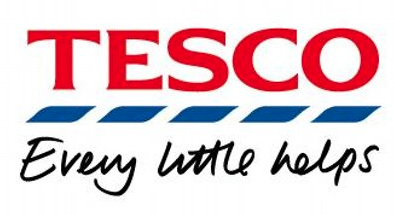Tesco’s Downward Spiral
Financial accounting is important for external stakeholders, such as stockholders and lenders, because they can assess the value of a company and decide whether or not to invest it. This is a case in which Tesco’s, a British supermarket chain, reputation and value deteriorates quickly as a result of the company drastically overstating it’s estimated half-year profit by £250 million and issuing three profit warnings.
Tesco must try to regain it’s position in a market where it’s consumers have found substitute supermarket chains like Lidl and Aldi, two private German companies. Instead of competing for cost leadership, they may need to reposition themselves with a different strategy in mind. For example, they could rename themselves as an attempt to completely rid of it’s bad reputation, sell the company, merge with a willing competitor or move stores to areas with less competition. In a slightly more farfetched manner, Tesco could reposition itself as an online grocery store as it does have a foundation in this area. Moreover, firstly Tesco would need their investors to feel secure about the future of the company. A well-drawn plan of the next few years will be needed to persuade all stakeholders; there would be high expectations of Tesco since the previous chief executive had failed to fulfill his six-point plan. However, Warren Buffet owns 3.7% stake in Tesco and has called his commitment to the company as “a huge mistake”. The legendary investor can persuade the minds of many investors, thus this possesses a larger threat to Tesco’s share price and amount of shareholders.
Reference:
http://www.bbc.com/news/business-29457053
http://www.theguardian.com/business/2013/sep/29/tesco-recovery-strategy-markets-reputation
